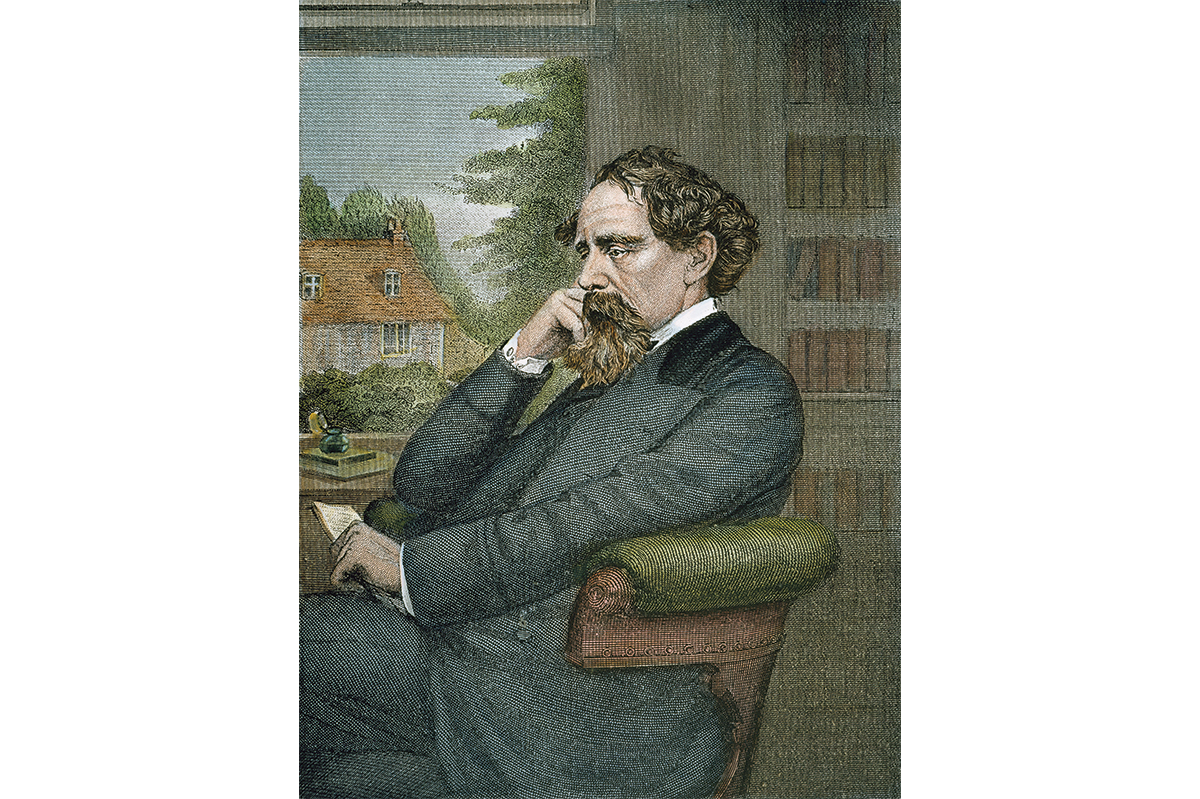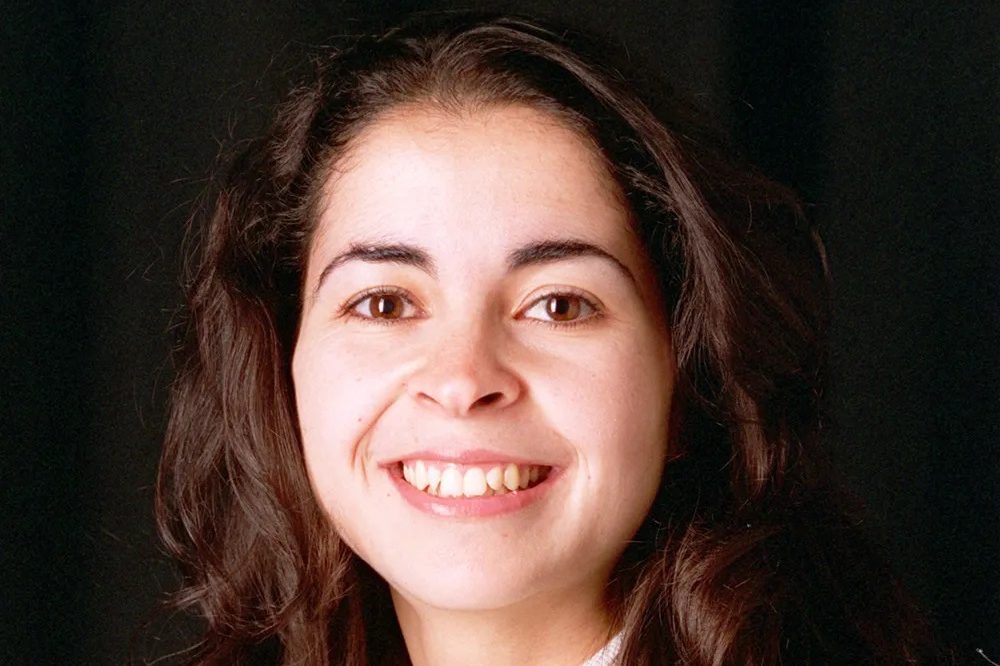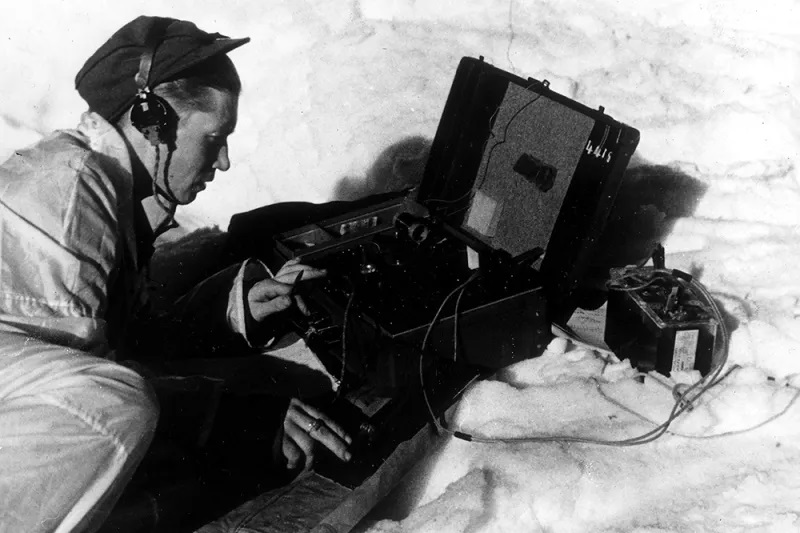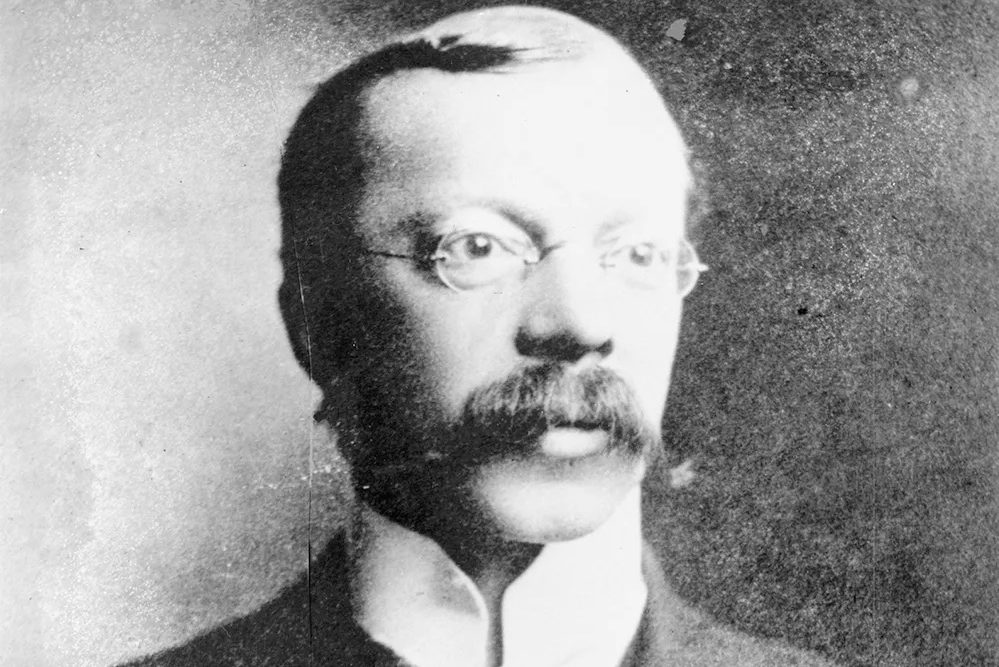Perhaps the defining moment of the posthumous collection of diary excerpts from the late actor and director Alan Rickman comes around two thirds of the way in. Rickman has recently played the villainous role of Judge Turpin in Tim Burton’s Sweeney Todd, an undertaking he describes with what readers will have come to recognize as his signature combination of angst and actorly obsession (“I can only sense the crumbs, dandruff, dirt under the nails.”) At last, the film is finished, and is premiering in London. Rickman’s general mien of detachment (“there is a deep introspection during these days…a feeling of being marginalized by shallow minds”) is temporarily interrupted by an impertinent journalist, who asks him at the premiere, “If you were a pie, which flavor would you be?”
It’s this mixture of the sacred and the profane — or, if we are to be honest, the self-important and the absurd — that dominates Madly, Deeply, the diaries Rickman kept from 1993 until his early death in 2016 from pancreatic cancer. It is an unavoidable shame that he did not keep a diary during the mid-1980s. We will never know his thoughts about appearing in Die Hard or Robin Hood: Prince of Thieves, although his feelings about his villainous performance as the Sheriff of Nottingham in the latter can be gleaned from his dry remarks, when receiving a BAFTA award, that “this will be a healthy reminder to me that subtlety isn’t everything.” But what we have here represents a far more fascinating insight into Rickman’s thoughts than any biography or interview could provide.
The diaries, which have been edited down by Alan Taylor from about a million words into a more manageable and readable 150,000, explore the contradictions of Rickman as both a man and an actor. He was phenomenally hard-working, often in films and roles that were beneath his intelligence and talent, and he believed his colleagues and directors should be equally hard-working, and resented them if they were not. The book is full of cutting pen-portraits of other actors, writers and directors. Ewan McGregor is damned as “self-involved to a jaw-dropping degree” and Kate Winslet “gives so little of herself… there is never a moment when she finds out anything about her fellow actors — or even says bravo or thank you.” His Harry Potter co-star Daniel Radcliffe is politely dismissed this way: “I still don’t think he’s really an actor.” David Hare is castigated as “more self-involved than any actor I have ever met.”
Rickman comes across as the ultimate champagne socialist, proud of his left-wing views but also liable to be distracted by the perks and privileges of a millionaire actor’s life. (“Car to Piccadilly Circus for the anti-cuts march… at Park Lane the sight of the Dorchester proved too much…[we] went in and had tea, sandwiches and cakes like good socialists everywhere might do at 4 p.m.”) The best-known role he was associated with in the last decades of his life was Professor Snape in the Harry Potter films, something he appears deeply lukewarm about (“the deal is finally done [for the last two films] and people are all carefully left in possession of genitalia.”) Smaller projects, whether in theater or film, are discussed with greater affection, undercut with Eeyore-like moaning about a lack of public appreciation for them.
The abiding impression of Madly, Deeply is that it is miserable to be an actor in demand. There is endless complaining about long plane journeys, interminable times spent in make-up or waiting to go on set, meetings with ignorant financiers and rapacious agents, and co-stars who do not meet Rickman’s exacting professional standards. (Bizarrely, his best friend was the garrulous American comedian Ruby Wax, whom he appeared to adore.) Rickman goes to the movies a lot, and often despises the films he sees, dissecting them afterwards over an expensive meal at one of London’s most exclusive restaurants.
He seems a deeply unhappy, stressed man, forever busy and exhausted by a punitive work rate. One is left wondering to what extent his premature death was caused by dedication to a craft that seemed to bring him enormous professional respect but little personal joy. In any case, we’ll always have Hans Gruber, the Sheriff of Nottingham and — if we must — Professor Snape to appreciate, whatever the grouchy man behind the mask might have said.

























